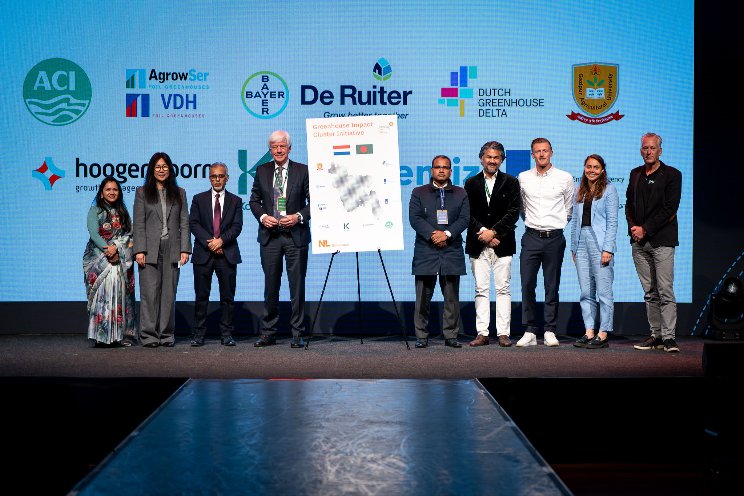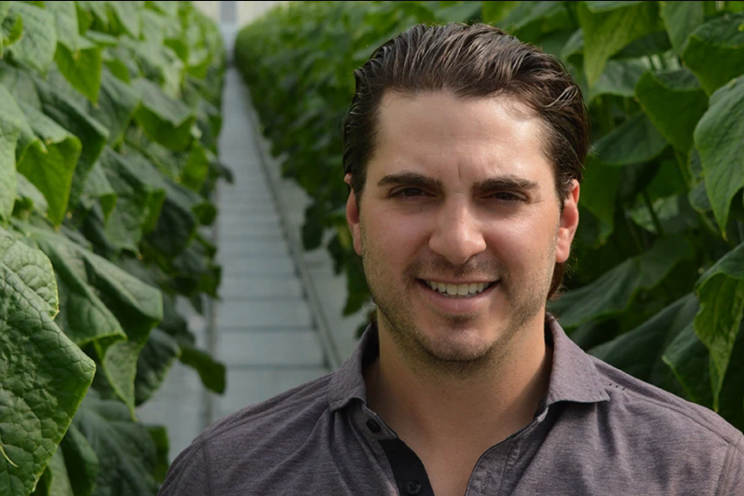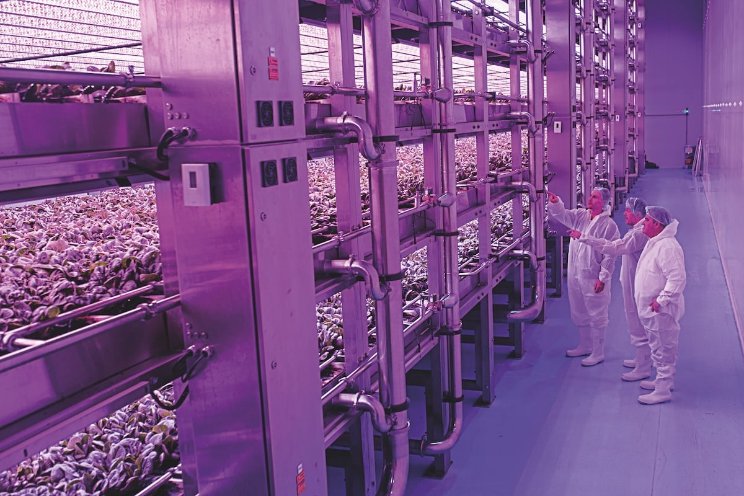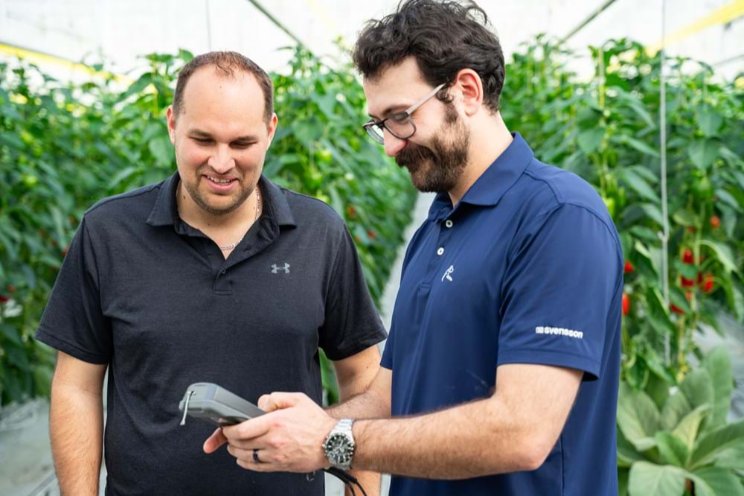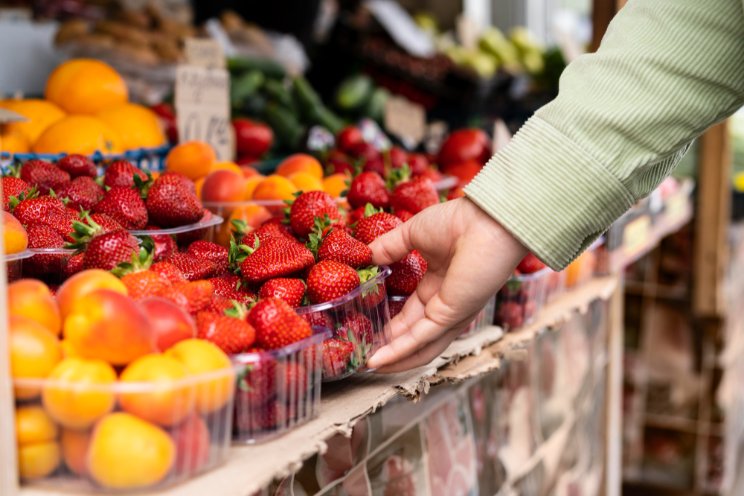New tomato varieties with resistance to ToBRFV
Added on 20 September 2020
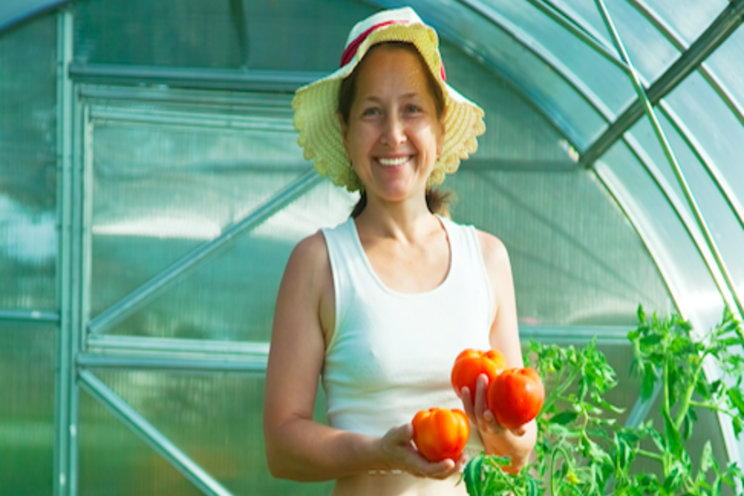
Bayer announced recently the final large-scale pre-launch trials of Roma-type tomatoes to help growers address Tomato brown rugose fruit virus (ToBRFV). The trials, which begin later this month in Mexico, will include two varieties of Roma-type tomato that claim Intermediate Resistance (IR) to ToBRFV. The type of IR Bayer has seen in these varieties is commonly referred to as the "symptomless carrier," where, despite the presence of virus particles, the crop can show little or no symptoms of the virus in the leaf and/or fruit should the crop become infected by the virus. Adding ToBRFV in the pathogen list for tomato was discussed during last week's September meeting of the International Seed Federation.
ToBRFV was first observed in 2014 and spread rapidly to different world areas. This viral disease impacting tomato plants represents a challenge for the industry as it can be transmitted very easily through many vectors including farming tools and equipment, workers' hands, plants, water, soil, and people.
"ToBRFV can quickly devastate tomato crops, so Bayer worked to develop a product to help growers combat it," said JD Rossouw, Head of Bayer's Vegetable Seeds R&D. "Bayer leveraged our global cross-functional teams and extensive research and development pipeline to offer a solution designed to ease the day-to-day challenges faced by growers. Our research continues across several tomato species with the goal of bringing further innovative resistance to growers as quickly as possible."
Following the trials, Bayer anticipates the products will be available for commercial sale in Mexico in 2021, to later be followed by offerings in other important markets around the world.
The ToBRFV resistance program is part of Bayer's corporate commitment to Health for All, Hunger for None. It complements the company's SHIELD program, a comprehensive approach to deliver clean seeds season after season to growers around the world. For more than 10 years, the focus of SHIELD has been on the prevention, detection and elimination of pathogens at our own Bayer production and processing sites, as well as third-party production and processing sites for Seminis and De Ruiter brands.
The SHIELD program continues to incorporate market-leading best practices into seed production and supply. In addition to its strict production protocols that are applicable whatever the growing environment (open field, greenhouse or glasshouse), Bayer has always, and will continue to have, stringent testing measures in place aligned with the International Seed Health Initiative (ISHI) guidelines and any applicable laws, which includes testing our seed for the presence of ToBRFV before it is shipped to customers.
Source: Ag News
Photo created by bearfotos - freepik
Source: Ag News
More news
